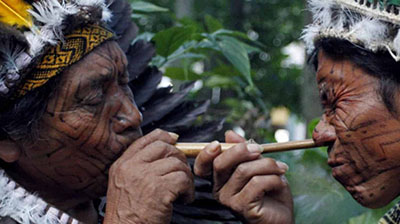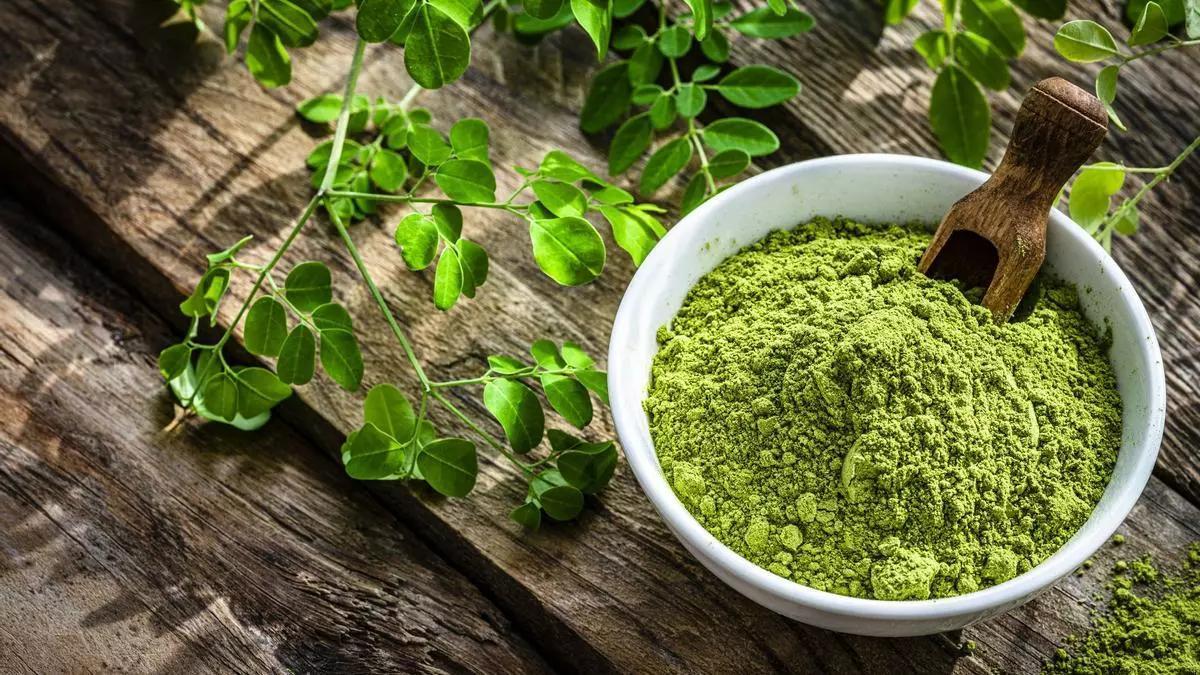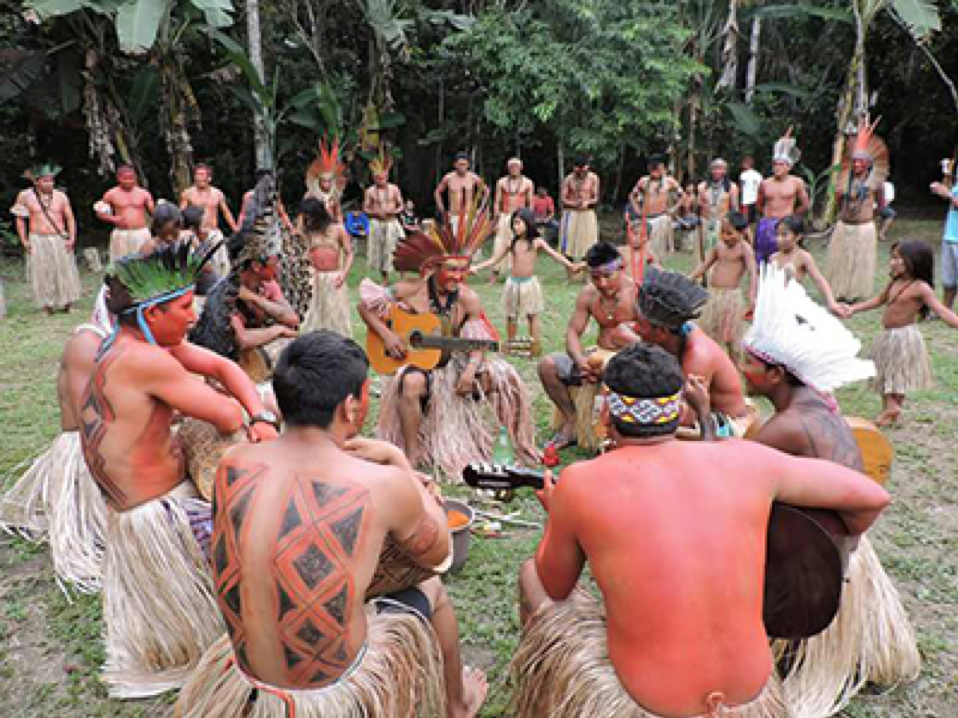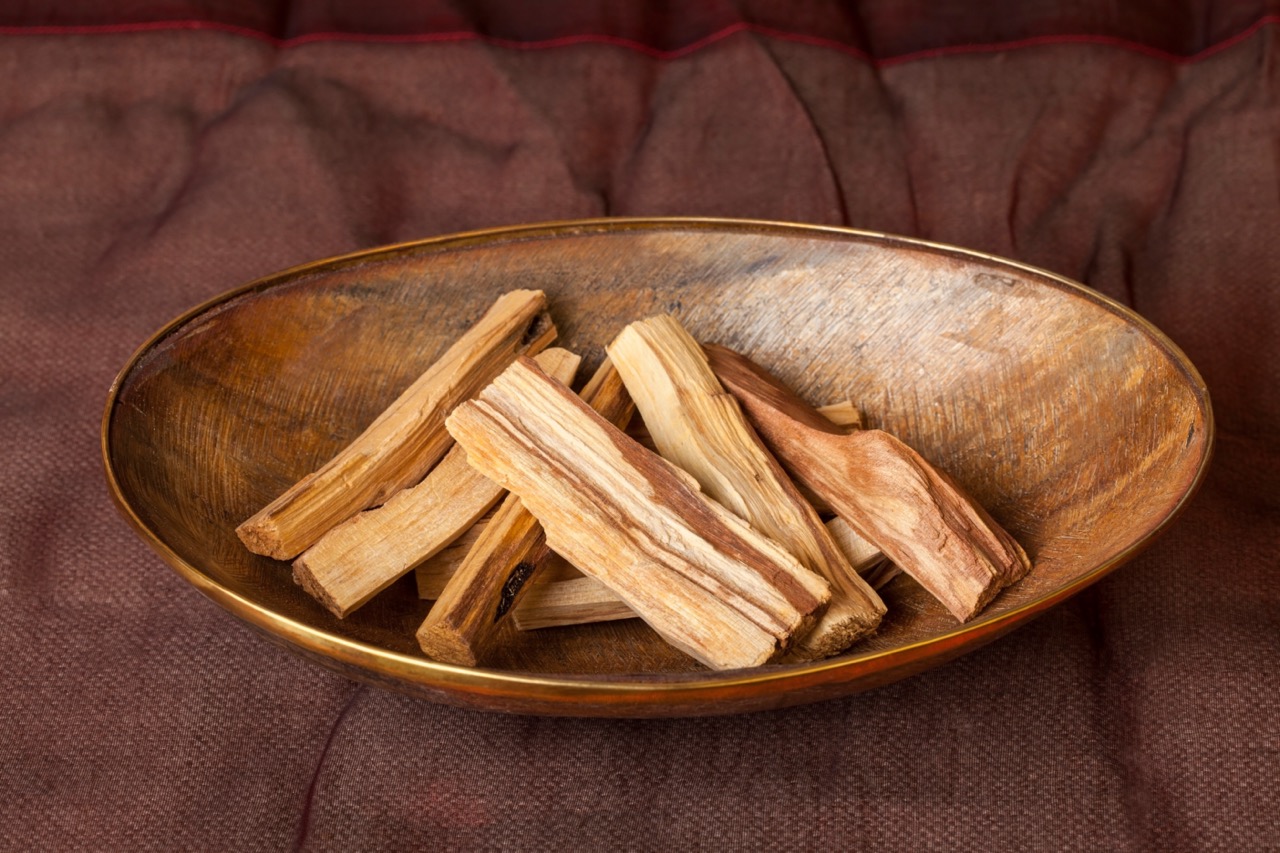
Ways to Blow Rapesito
There are many ways to blow Rapé: Long and slow, quick and sharp, and everything in between. You will soon learn to judge what is most appropriate, depending on your particular style or the needs of the person you are serving. A short, quick blow of Rapesito has more of an awakening effect: a quick, uplifting hit. A nice and slow, long blow can be more meditative.
How you finish the blow is also important: trailing off will weaken the effect of the Rapesito; it’s much better to finish with a deliberate ‘click’ – so to speak. As you finish your blow, put your tongue to the roof of the mouth, in the same spot you’d place the tip of the tongue during yoga. It takes a bit of practice, but you will see how this technique gives a more satisfying blow.
Varieties of Rapesito Blowing Styles
The different kinds of blowing Rapesito matter more than just how you are administering the snuff. Different blowing styles will result in different kinds of experiences and results.
The Short and Sharp Blow
The short and sharp blow is known in Brazil as the “Beija Flor,” or Hummingbird. It is a nice short hit that ‘wakes you up’ – a more energizing application.
VIDEO on youtube: https://www.youtube.com/watch?v=erYM7e6IZSI
The Long and Sharp Blow
A long and sharp blow has an uplifting and deep effect: great for use with more substantial quantities of Rapesito to really take you to that next level.
The Long and Slow Blow
A long and slow Rapesito blowing style is called the “Jiboiá” – the Boa Constrictor. The Boa is a sacred medicine animal that is highly revered by indigenous peoples. Just like the Boa, this blow is long, slow and gentle, with an acceleration at the end. It’s perfect for using smaller amounts of Rapesito to induce a contemplative, meditative state. With larger quantities, it can induce a deep meditative state.
This product is an insence and not ment for ingestion. We don't claim that this product has any healing properties. This natural product is offered for its ethnographic and historical value and is supplied without express or implied fitness for a particular purpose. All information provided is for educational, scientific, ethnographic and historical research purposes only. All products are sold as botanical samples only with no express or implied claims for a specific purpose or use. The use and use of this product is at the discretion, responsibility and risk of the customer.
Ways to Blow Rapesito
There are many ways to blow Rapé: Long and slow, quick and sharp, and everything in between. You will soon learn to judge what is most appropriate, depending on your particular style or the needs o...
Why Moringa is considered one of the most nutritious plant sources
Moringa, also known as the "tree of life" or "miracle tree", is a highly nutritious plant native to parts of Africa and Asia. Its scientific name is Moringa oleifera. It is praised for its numerous...
The Shawãdawa (Arara) tribe
‘Shawa’ means the red parrot Ara and ‘dawa’ means family. Around 1940 the tribe was thought to have died out. In the 1970s, the government tried hard to reach out to them because a highway was bein...
Palo Santo: a sacred wooden incense burner from Peru
In recent years, Palo Santo has become synonymous with space clearing and meditation rituals around the world. This sacred wooden product, which comes from South America, is popular not only for it...





